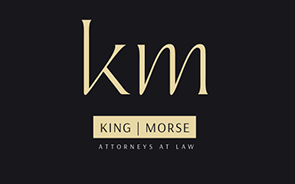Convictions in criminal cases require proving guilt beyond a reasonable doubt. Often, eyewitness testimony is crucial in a prosecutor’s case in a Florida courtroom. A credible witness may sway a jury. Regrettably, the jury may be presented with testimony from a witness whose testimony is highly problematic. There might be serious credibility issues with the statements a witness makes.
Eyewitness testimony and credibility
The eyewitness testimony suffers the limitations of their perceptions of what they see and hear. Someone may claim to have seen a defendant at a crime scene and heard the person make specific statements. However, their perceptions and memory could be faulty, and they unintentionally give false testimony. Sometimes, security camera or cell phone footage may counter eyewitness claims.
Eyewitness testimony could suffer from accuracy issues for many reasons. Loud noises from a busy street could make hearing voices challenging, and distance and lighting conditions may affect how clearly someone sees something. Witnesses may suffer from cognitive issues, as well.
Additional witness issues
A criminal defense strategy could point to even more egregious problems with a witness’s statement. A witness with a grudge could lie about what they saw or heard. The police may coerce a witness to make untrue statements. Such false testimony could find its way into court, harming the defendant.
Submitting counterevidence may help a defendant prove their innocence in court. A more credible witness or photographic and forensic evidence might undermine inaccurate or false eyewitness statements. In certain instances, a defendant may pursue civil litigation if false or coerced testimony leads to criminal charges.
Again, a criminal conviction requires proof beyond a reasonable doubt. If a defense strategy can point to holes in an eyewitness’s testimony, enough reasonable doubt could be raised to acquit.


